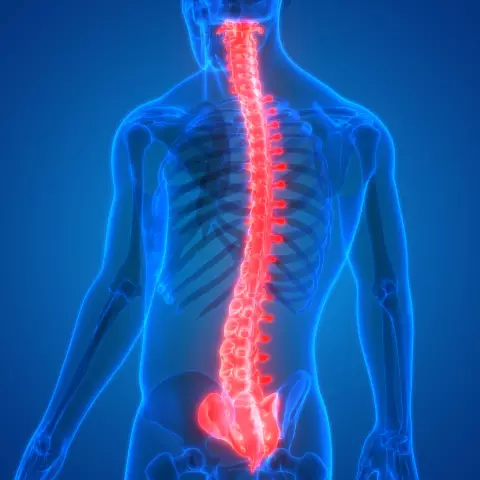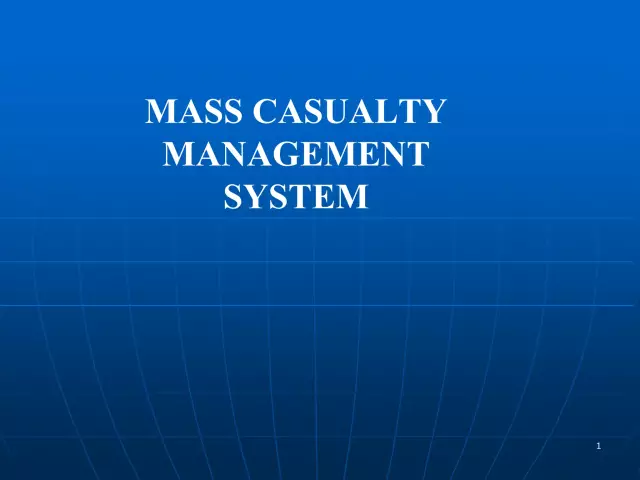- Author Rachel Wainwright wainwright@abchealthonline.com.
- Public 2023-12-15 07:39.
- Last modified 2025-11-02 20:14.
Dysthymia

Dysthymia is a mental disorder with a sad mood, a pessimistic outlook on personal life and skepticism towards positive things in social life. This condition is less severe than depressive disorder, but is close and preceding it.
Causes and symptoms of dysthymia
Symptoms of dysthymia are mild and manifest in the form of blues, depression, increased irritability, anxiety, loss of strength and rapid fatigue, melancholy, gloomy thoughts, pessimistic views and complexes.
Gradually, this mental disorder leads to a decrease in self-esteem, the meaninglessness of life, an unwillingness to communicate with other people and be in the company of someone. A person becomes withdrawn, gloomy and lonely, loses social connections and the desire to do something.
Dysthymia often occurs in people with disorders of the central nervous system, a depressive hereditary predisposition and impaired serotonin production in the brain. The causes of diseases can be physiological pathologies, stress and hormonal disorders.
Physical symptoms of dysthymia are malaise, shortness of breath, loss of coordination, confusion, tearfulness, drowsiness, lethargy and apathy, unmotivated and spontaneous anxiety, constipation, insomnia, nightmares, and digestive disorders.
In people prone to depression, in the absence of emotional and psychological support, dysthymia develops into a persistent depression.
Dysthymia of the somatic type manifests itself in the form of complaints of a general poor state of the nervous system, arrhythmia and tachycardia, and anxiety attacks.
This disease greatly affects the physical condition of patients, reducing their activity, causing impotence and asthenic state.
The characterological type of dysthymia is expressed in persistent pessimism, a depressive worldview and a complex of constant failures. This type of disease manifests itself in people who are silent, closed, sensitive to trouble and weak in relation to life's difficulties.
Medical research has established that dysthymia can be not only a disease of people with a melancholic temperament, but also a disorder associated with external factors, childhood psychological trauma and a hereditary predisposition to depression.
Diagnosis of the disease

To determine dysthymia, it is necessary to conduct regular clinical examinations several times over two years. To establish an accurate diagnosis, it is necessary to analyze the symptoms and conduct a statistical study of mental disorders based on the following criteria:
- decreased or increased appetite;
- insomnia and other sleep disorders;
- tiredness and fatigue;
- pessimism, low self-esteem;
- low efficiency;
- isolation and detachment from the social environment.
The psychologist and neurologist conduct constant consultations with the patient and reveal the presence of psychotic disorders, signs of mania or hypomania, mixed psychological states.
Dysthymia treatment
Treatment of dysthymia must begin with identifying the causes and symptoms of the disease, as well as determining the physical condition of the patient. The course of drug treatment includes antidepressants (Prozac, Cipramil, etc.) and monoamine oxidase.
The most effective treatment for dysthymia is accompanied by family and interpersonal psychological therapy. Also, cognitive therapy will increase self-esteem and improve the general emotional state of the patient.
Individual therapy can be alternated with group psychological sessions to improve patients' interpersonal communication, reinforce their position in the social environment and increase personal importance.
YouTube video related to the article:
The information is generalized and provided for informational purposes only. At the first sign of illness, see your doctor. Self-medication is hazardous to health!






